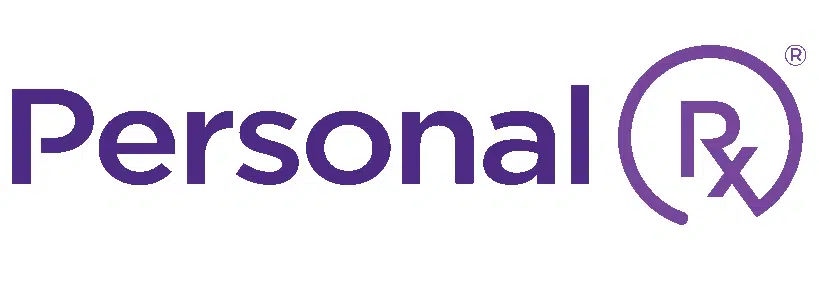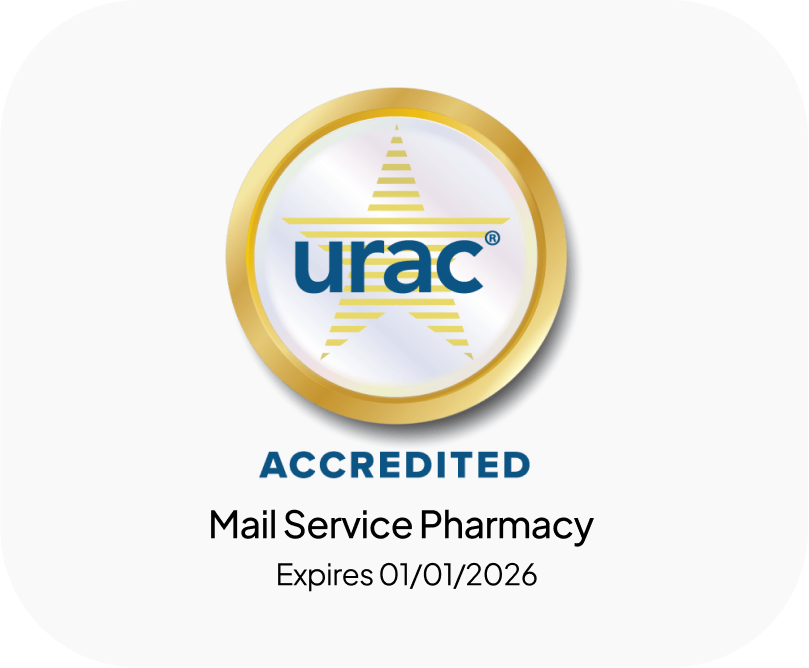It should come as no surprise that as patients age and medications are added, modified or discontinued, the probability of medication error increases.
In a perfect world, prescribers, patients and pharmacies would communicate regularly and efficiently – so that all participants are on the same page about medication therapy.
Medication reconciliation is the act of reviewing a patient’s medication list and taking action, when necessary, to promote safety. When a pharmacist reviews a medication list, she’ll often rely on a database that flags any potentially harmful interactions between the medications listed. Additionally the pharmacist’s knowledge of medicine and prescribing guidelines helps in determining whether there may be an issue with overmedication.
When a pharmacist finds reason for alarm, that’s where the reconciliation comes in. The pharmacist will consult with the patient’s doctor(s) to address areas of concern – to reconcile any problems that exist.
Polypharmacy At Play
You may wonder, “Shouldn’t the doctor know about contraindicated medications and what types of medication loads would constitute overmedication?” Good question!
One factor that leads to prescribing errors is polypharmacy, which refers to the practice of multiple medications, potentially prescribed by multiple doctors, potentially dispensed by multiple pharmacies.
One of the best solutions is for patients to use a single pharmacy – and for the pharmacy to actively review the entire medication list – rather than simply dispensing each medication as a one-off process.
A Team Game
Home health professionals, such as the nurses and physical therapists who help patients heal following medical procedures and hospital stays know a thing or two about the challenges of medication reconciliation. Home health companies regularly include medication reconciliation as an integral part of the services they provide. Oftentimes, following a medical event, medication changes occur, leaving the patient unsure about which medications to take and which should be discontinued.
Home health nurses are adept at reviewing medication lists, educating patients and contacting doctors to reconcile anything that’s unclear or potentially dangerous, such as contraindicated medications.
At PersonalRX, we believe that the pharmacy is anything but a passive partner in the process. From the time we onboard a new patient, we collect as much data as possible. This includes asking about any medications they may choose to fill locally, so that we have as complete a med list as possible. This helps our pharmacists perform a robust medication reconciliation. When areas of concern arise, a PersonalRX pharmacist contacts the prescribers to address the issues promptly.
When the patient’s pharmacy acts as another level of protection, everybody wins. Primary care doctors gain insights about what medications are prescribed by specialists and vice versa. As a result, we prevent medication errors, reduce suffering and create optimal health outcomes.
The only thing that’s hard to reconcile is why anyone would have it any other way.




